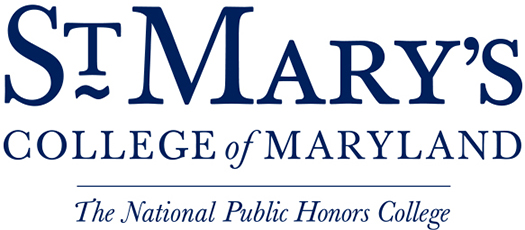Faculty Authors/Local Books
Maryland Designe: First Wall Between Church & State (Opcsd V3 #1)
- Our Price:
- $1.95
Product Description
Although we often focus on contemporary issues associated with democracy and liberty, the Center for the Study of Democracy was originally inspired by the historical importance of St. Mary’s City and the discussion of innovative 17th-century ideas about politics that helped establish effective civil government in the Maryland colony. This occasional paper brings us back to our 17th-century roots.
Among the most important principles of civil government instituted at St. Mary’s City is ‘freedom of conscience’—a principle that remains in practice today and one that continues to act as the bedrock for many other core democratic values in the United States. This principle not only provides support for democratic liberties concerning freedom of speech and freedom of the press, but also directly supports the legal notion of separation of church and state. In the early years of Maryland’s founding, colonists, through the Assembly of Maryland, officially separated religion from civil government by passing An Act Concerning Religion. This act, as Judge Thomas Penfield Jackson points out “…represented the first time in the English-speaking world that government formally renounced by legislative enactment the right to dictate to its citizens what they must believe or how they must evince it.” It allowed settlers of different Christian faiths to vote and hold public office without a religious test and it remains a foundational civil liberty in the United States today; citizens of all faiths are entitled to freely participate in our democracy, irrespective of religious beliefs.
This occasional paper by Judge Jackson explores the political motivations of George Calvert’s ‘Maryland Designe’ and its connection to the religious tensions in English politics during the 17th century. Jackson’s essay shows how Maryland’s early attempt to establish religious toleration in the New World was deeply connected to English politics beginning with the rule of King James I. The reverberations of English politics continued to shape the Maryland colony throughout the century, while ultimately contributing to the demise of Maryland’s experiment in secular civil society in 1692.
This essay invites us to reflect on the significance of ‘liberty of conscience’ and the ‘Maryland Designe’ for American democracy. However, it also asks us to reflect on the state of religious freedoms today—both in our country and throughout the world. How can religious animosities be reconciled in modern states? Are these animosities best reconciled by democratic liberties? The Center for the Study of Democracy invites you join us in thinking about these issues, while visiting St. Mary’s College of Maryland and Historic St. Mary’s City. I suggest you visit our Web site at www.smcm.edu/democracy to see the full array of programs we provide for our students and our community. 24 pages Paperback Binding SMCM Published 2008








